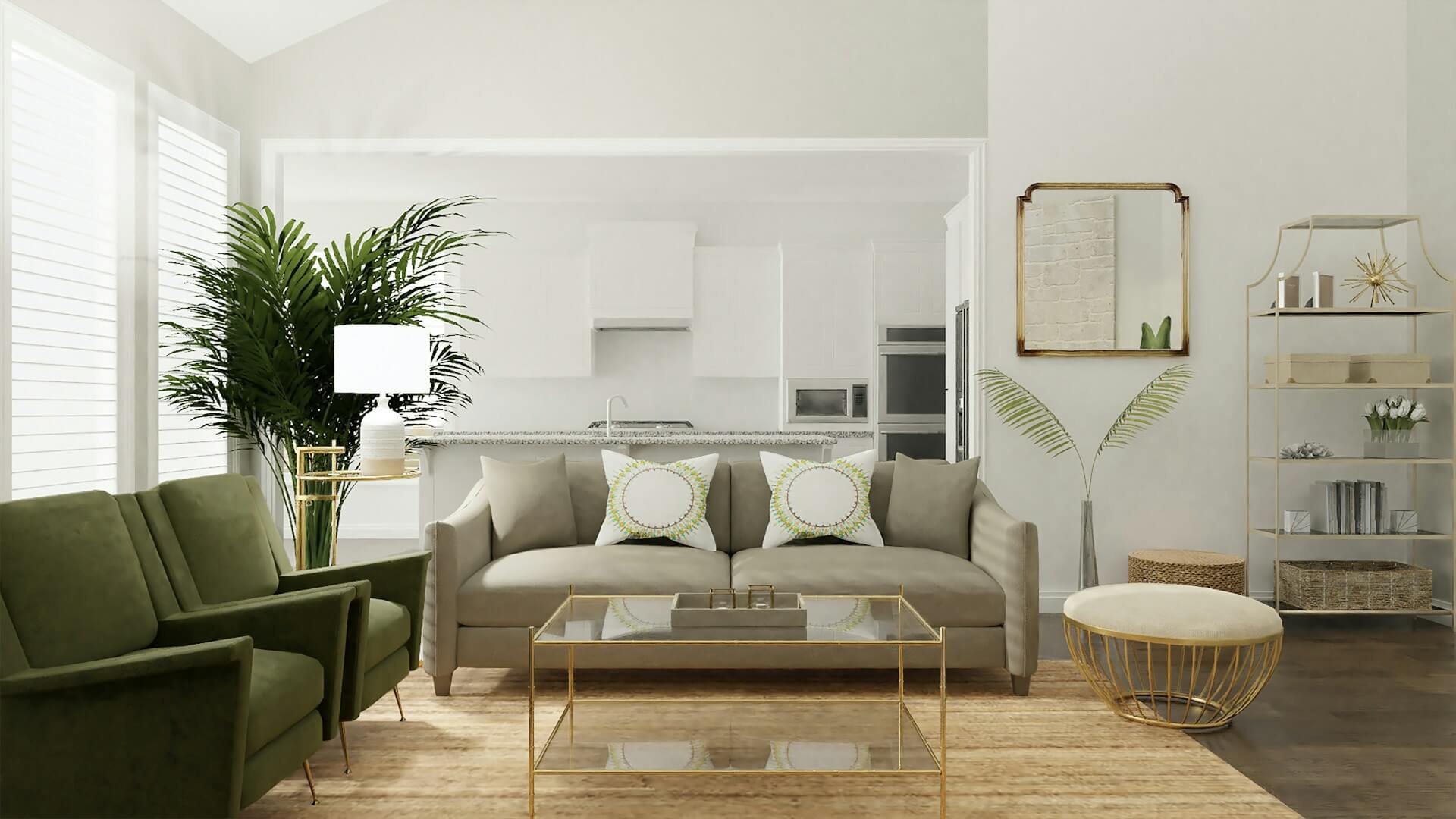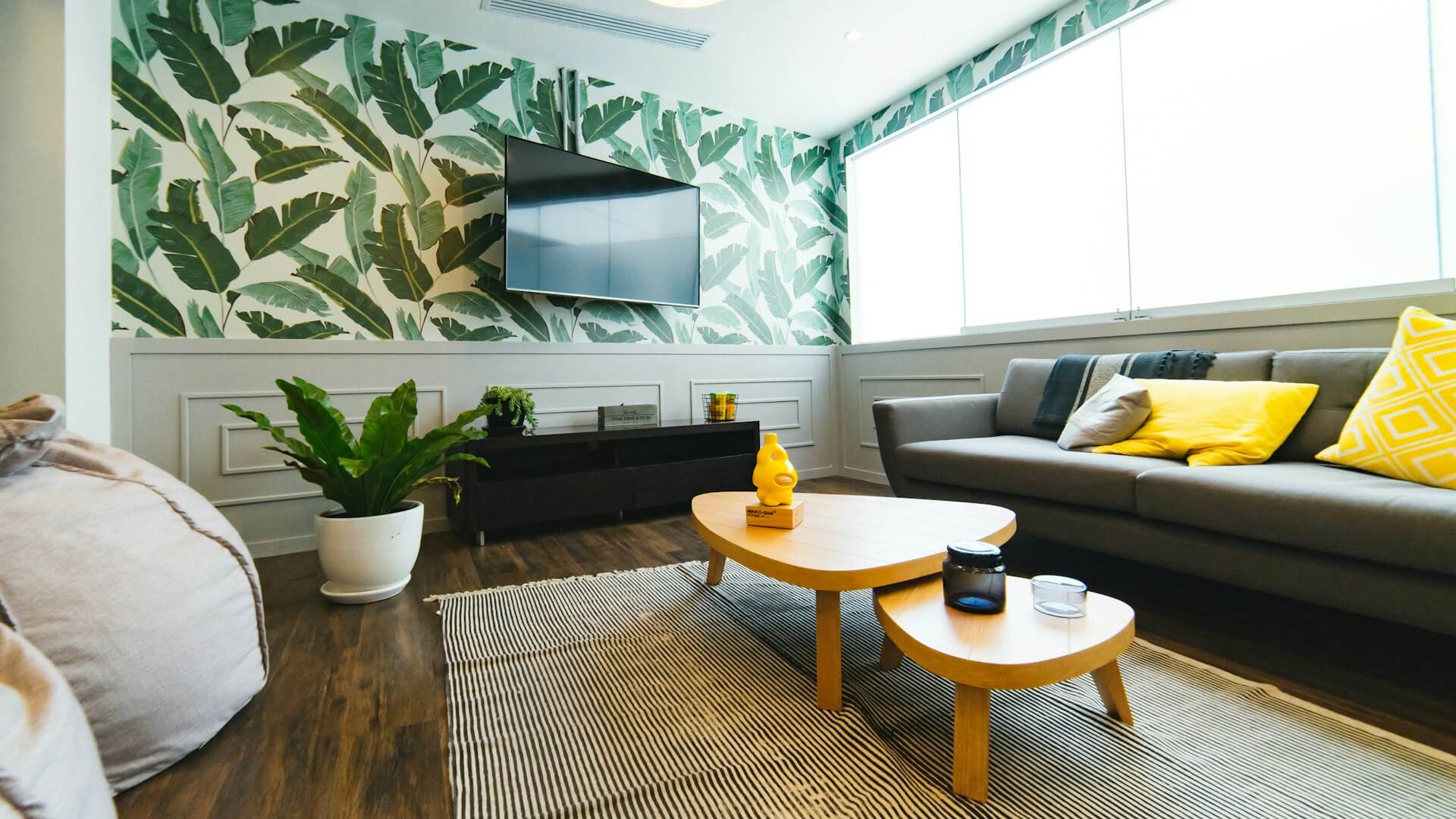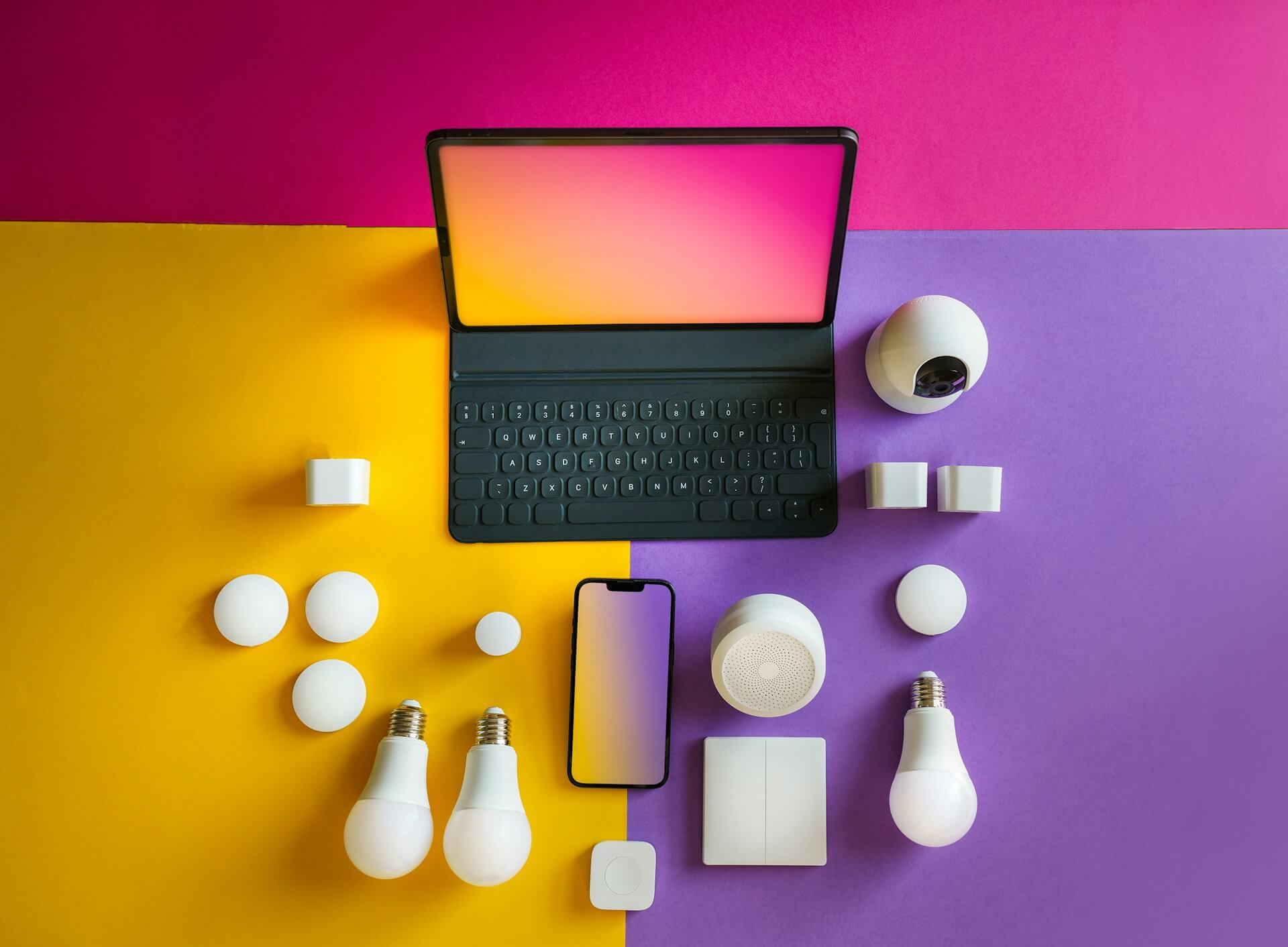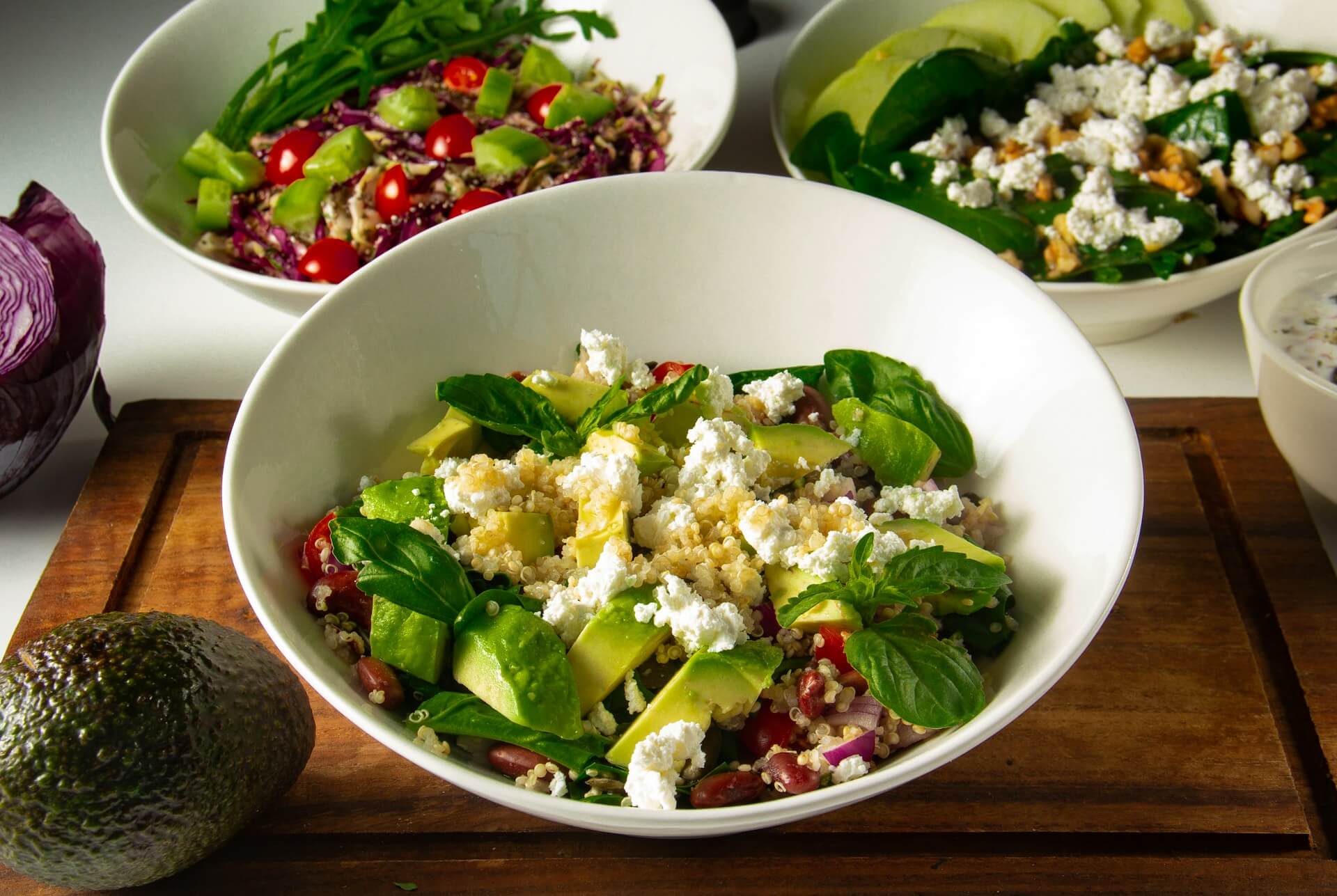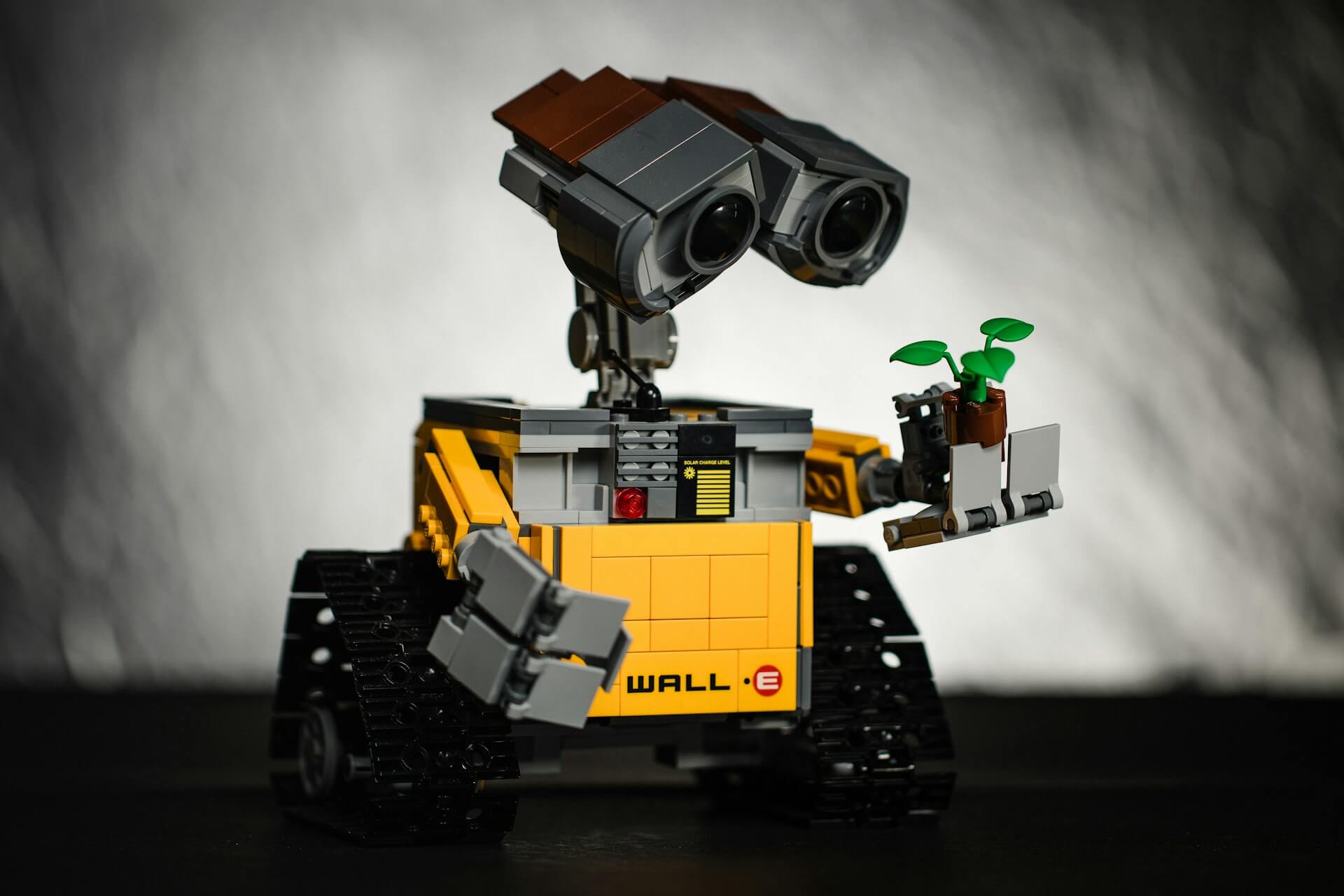More than just decluttering your living space, minimalism is a holistic philosophy that prioritizes intentional living and the elimination of unnecessary possessions. Embracing a minimalist lifestyle allows you to focus on what truly matters and frees you from the relentless pursuit of material possessions. While it may seem counterintuitive to live with less, minimalism provides a sense of peace and clarity that is increasingly hard to find in our fast-paced world.
If you’ve been curious about minimalism or are seeking ways to simplify your life, this in-depth guide will take you through the principles of minimalism, its benefits, and practical tips to integrate this philosophy into your daily life.
Understanding Minimalism
At its core, minimalism is about redefining what you truly value. It challenges the preconceived notion that our worth is tied to possessions. Instead, minimalism encourages you to examine each aspect of your life and strip away the superfluous, allowing you to cherish the things, experiences, and relationships that bring you the most joy and fulfillment.
Minimalist living is a lifestyle that has been gaining widespread popularity in recent years. It isn’t just a passing trend or a fad; instead, it is a philosophy that is here to stay. However, the beauty of minimalist living is in its ability to be personalized to each individual’s lifestyle. It doesn’t have a one-size-fits-all definition, and that is perhaps the most significant thing about it. For some, minimalism might involve downsizing to a tiny house, while for others, it could be adopting a capsule wardrobe and decluttering their living space. What’s most important is that minimalist living encourages one to free oneself from the bonds of consumerism and focus on what truly matters in their life, whatever that may be.
The Core Tenets of a Minimalist Lifestyle
Minimalism revolves around a few key principles:
Intentionality
Every item you own should serve a purpose or bring you joy. This means making conscious choices about what you bring into your home and life.
Uncluttering
Detox your living spaces from anything that does not align with your values or purposes.
Contentedness
Find joy and contentment in what you have, rather than constantly striving for more.
Sustainability
Minimalism often leads to more environmentally friendly living, as you consume less and, in turn, waste less.
Benefits of a Minimalist Lifestyle
Adopting a minimalist approach can open up a world of benefits that extend well beyond your living room.
Financial Freedom
By curbing the impulse to buy, you save money and can work towards financial independence.
Environmental Impact
Reducing consumption leads to a smaller environmental footprint. A minimalist lifestyle aligns with sustainable practices and can contribute to a healthier planet.
Psychological Well-being
A clutter-free environment has been shown to reduce stress and anxiety. What’s more, the simplicity of minimalism can lead to a clearer mind and a calmer, more peaceful way of living.
More Time for What Matters
By spending less time managing belongings, you can focus on experiences, relationships, and personal growth.
Implementing Minimalism in Your Life
Transitioning to a minimalist lifestyle is a process that requires commitment and patience.
Start Small
Begin with one area of your life—maybe it’s your wardrobe, book collection, or kitchen gadgets. Sort through your belongings, and keep only what you need or truly love.
Be Mindful of Future Purchases
Each time you consider a new purchase, ask yourself if it’s necessary and if it aligns with your values and goals.
Reassess Regularly
Regularly take stock of your belongings and experiences. Reassess whether they continue to add value to your life or are just taking up space.
Develop Personal Rules
Create your own minimalist rules, like the ‘one in, one out’ system, where you only buy something new if you get rid of something old.
Simple Living Spaces
A minimalist home is organized, peaceful, and functional. Here’s how to transform your living spaces:
Declutter Room by Room
Take it one room at a time, sorting through each item to decide its fate.
Invest in Storage that Adds Value
When you need to keep something, invest in storage solutions that serve a dual purpose, combining utility with aesthetics.
Personalize Sparingly
In your quest for minimalism, don’t sterilize your space. Personal touches like artwork or photographs can still have a place in your home.
Cultivating a Minimalist Mindset
More important than organization and aesthetic simplicity is the mindset that underpins a minimalist lifestyle.
Practice Gratitude
Foster an attitude of gratitude for what you have, which can significantly reduce your desire for more.
Focus on Experiences
Channel your resources into experiences rather than possessions. You’ll create memories and stories that last a lifetime.
Learn to “Just Be”
One of the most powerful lessons of minimalism is the art of contentment in stillness. You need very little to be truly happy.
The Challenges of Minimalism
While the rewards of a minimalist life are many, it’s not without its challenges.
Facing Societal Norms
In a society that often equates success with material wealth, minimalism can stand in stark contrast. You may find it challenging to explain your lifestyle choices to others.
Overcoming the ‘Just in Case’ Mentality
It’s common to keep items ‘just in case,’ but this mentality can lead to excess. Trust that you will find a solution if and when you need something you’ve discarded.
Dealing with Emotional Attachments
Many items carry sentimental value, which can hinder the release process. Be kind to yourself as you work through these emotions, and remember that memories aren’t tied to physical objects.
Minimalism and Relationships
Minimalism can impact your relationships in unexpected ways, for better or for worse.
Communicate Your Values
Discussing your minimalistic approach with loved ones can help them understand and respect your choices.
Find Common Ground
While your partner or family members might not be as gung-ho about minimalism as you are, finding common ground can lead to a more harmonious living situation.
Recognize the Influence of Media
Be mindful of the media you consume, as relentless advertising can undermine your minimalistic efforts.
Minimalist Living for Different Lifestyles
Minimalism can be practiced in a myriad of ways, tailored to fit various life stages and circumstances.
Families and Children
Minimalism is feasible with children; it just requires a different approach. Focus on quality over quantity when it comes to toys and activities.
Navigating Technology
In a digital age, minimalism isn’t just about physical items but also about digital clutter. Apply minimalist principles to your online life as well.
Elderly and Retirees
Downsizing in later life can be liberating. It’s an opportunity to surround yourself only with what has the most meaning to you.
The Future of Minimalism
Minimalism is not just a fad; it’s a response to a societal saturation with stuff. Its value in promoting well-being and sustainability is timeless.
The Mainstreaming of Minimalism
As interest in sustainable living grows, so does the appeal of minimalism. This trend is likely to continue as more people seek to simplify their lives.
Corporate Minimalism
Businesses are also adopting minimalist principles, from office organization to product design. The future of workspaces is likely to be influenced by a minimalist approach.
Global Impact
On a larger scale, the shift towards minimalism can have a positive impact on global consumption, waste management, and the environment.
By paring down our possessions and focusing on the things that truly matter, we can create a lifestyle that is intentional and filled with meaning. This doesn’t have to mean living without any luxuries or creature comforts – rather, it’s about being deliberate in our choices and recognizing that our possessions don’t define us. By living with less, we can consume less and reduce our environmental impact, as well as free up time and resources to pursue what matters to us. Whether you’re a seasoned minimalist or just dipping your toes into this way of living, the benefits are clear: a more sustainable, fulfilling existence that is focused on what truly matters.
Through mindfulness, intentional action, and a discerning eye, you can craft a life that’s rich in experience, light on excess, and in harmony with the world around you. It’s not about deprivation; it’s about living with greater freedom, joy, and authenticity. Transforming your life into a minimalist masterpiece is an ongoing process, but with each step, you’ll move closer to an existence that’s truly your own.

